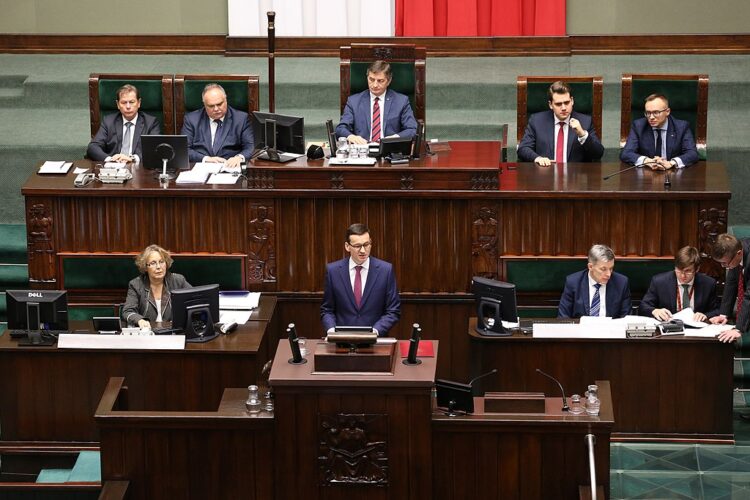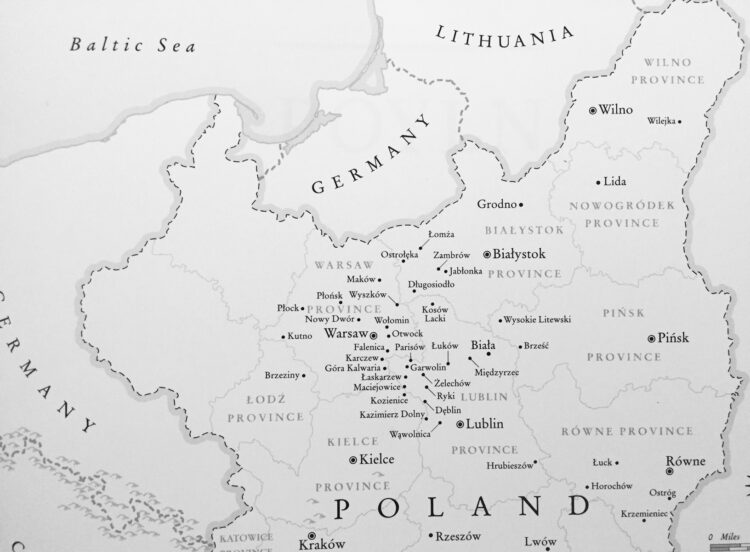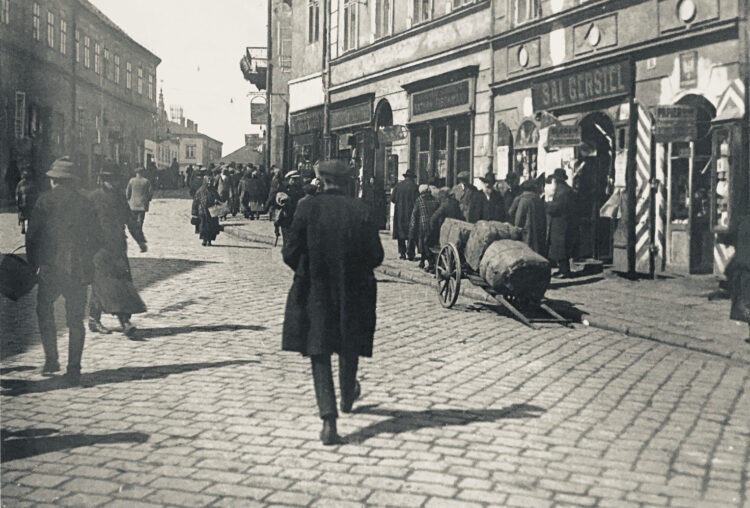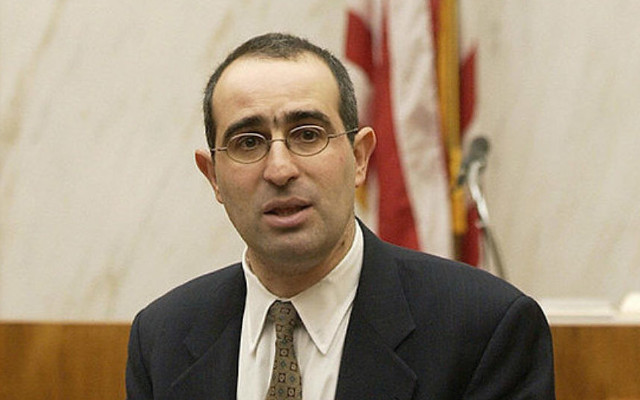Regrettably, the lower chamber of Poland’s Parliament, the Sejm, is considering a bill to limit the ability of Jewish and non-Jewish claimants to seek restitution for property confiscated by the Nazis during the Holocaust and nationalized by the Communist regime during the postwar period.
This mean-spirited bill sailed through the first of three readings last week and was supported by the ruling Law and Justice Party. It will become law should it be passed by the Senate.

Under its terms, Polish courts will be able to consider appeals from claimants only if they were made in the past 30 years. This means that expropriations of properties during the 50-year period encompassing the Nazi occupation and the Communist era cannot be legally challenged.
It would also mean that Poland, much to its discredit, would be the only former Soviet bloc country that has not yet to return private property to its legitimate owners or their rightful heirs.

Poland set out its present position a few years ago when Polish President Andrzej Duda said that Germany should be held responsible for such claims. “Damages should be paid by the one that started the war,” he said in a reference to Germany’s invasion and occupation of Poland from 1939 to 1945.
Duda’s specious argument, supported by many Poles, conveniently glosses over the period from the late 1940s to the late 1980s, when Poland was administered by a succession of Communist regimes, which nationalized tens of thousands of private properties.

From a strictly Jewish perspective, the bill in question is grossly unfair because it would make it virtually impossible for Holocaust survivors and their families to regain properties they owned before World War II. Lest it be forgotten, 3.3 million Jews lived in Poland prior to 1939, constituting one of the world’s largest Jewish communities.

Gideon Taylor, the chairman of World Jewish Restitution Organization’s operations department, addressed this problem in a letter he sent to Polish Prime Minister Mateusz Morawiecki.
“We urgently call upon the Polish government to address the issue of private property restitution in a just and timely manner,” he wrote. “Both Jewish and non-Jewish claimants have waited decades for a measure of justice resulting from the confiscation or nationalization of their property. The current proposal, if adopted, would further harm Polish Holocaust survivors who have already suffered so much. New, insurmountable legal conditions should not be imposed that would make it impossible to recover property or receive just compensation.”

The U.S. embassy in Warsaw has expressed misgivings about this bill as well. Bix Aliu, the charge d’affaires, sent a letter to the Speaker of the Sejm, Elzbieta Witek, voicing
“deep concerns about the law, which, if adopted, will cause irreparable damage to Holocaust survivors and their families.”
The legislation could adversely affect Poland’s sometimes touchy relations with Israel. Reuven Rivlin, Israel’s outgoing president, has written Duda a letter expressing his opposition to it.
The bill would “very much obscure our joint efforts in strengthening the relations between our countries and in securing the partnership between our nations,” Rivlin wrote. “Since I very much appreciate the relationship between us, I have decided to appeal to you that your esteemed government consider the consequences of such legislation.”
The Polish government should do the right thing by withdrawing the bill and launching a process to reimburse claimants for confiscated or nationalized private property.
No one should be under any illusions. In all likelihood, Poland will stubbornly proceed with this unfortunate legislation, disappointing Holocaust survivors and their heirs and marring bilateral ties with Israel.
